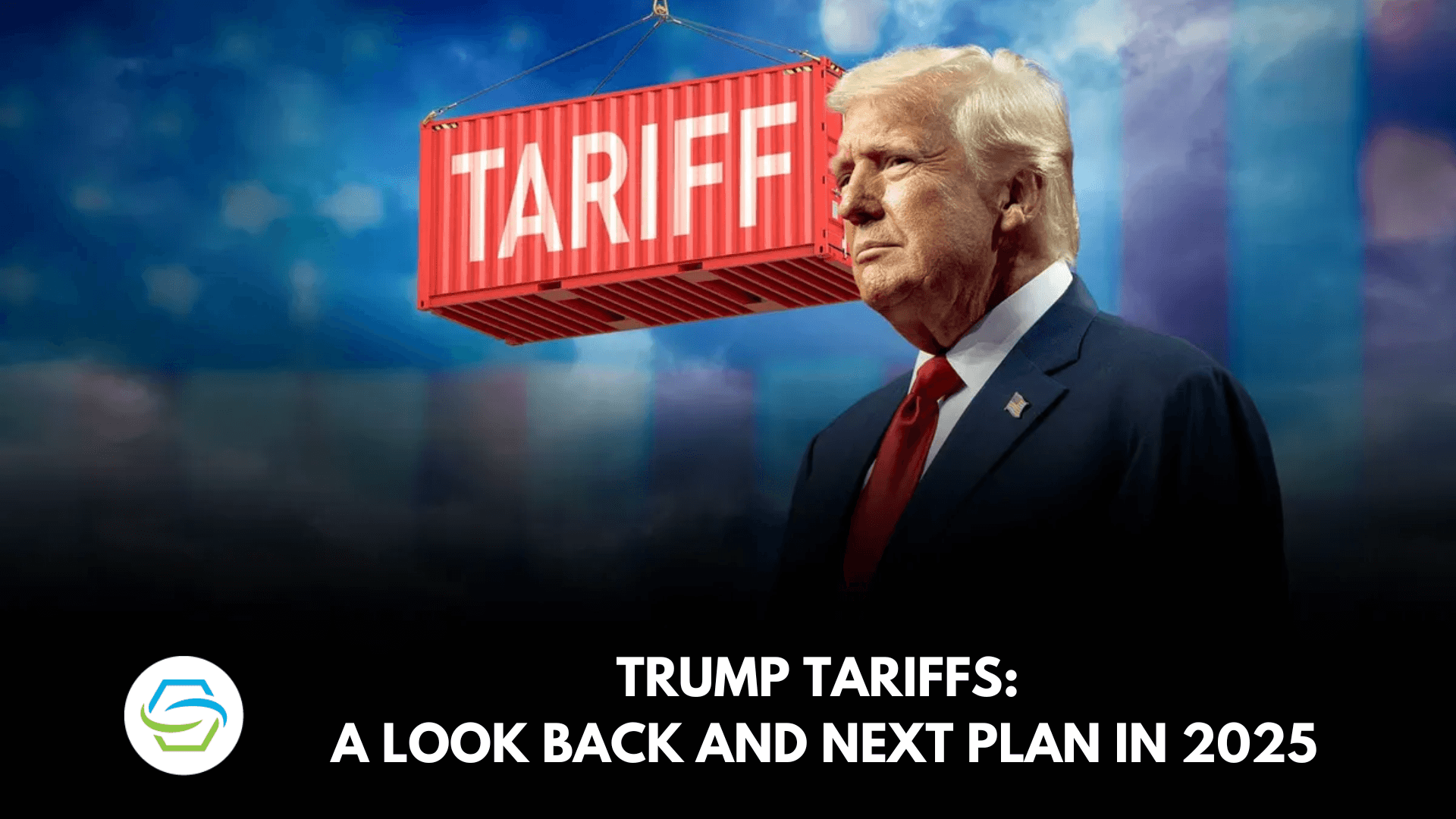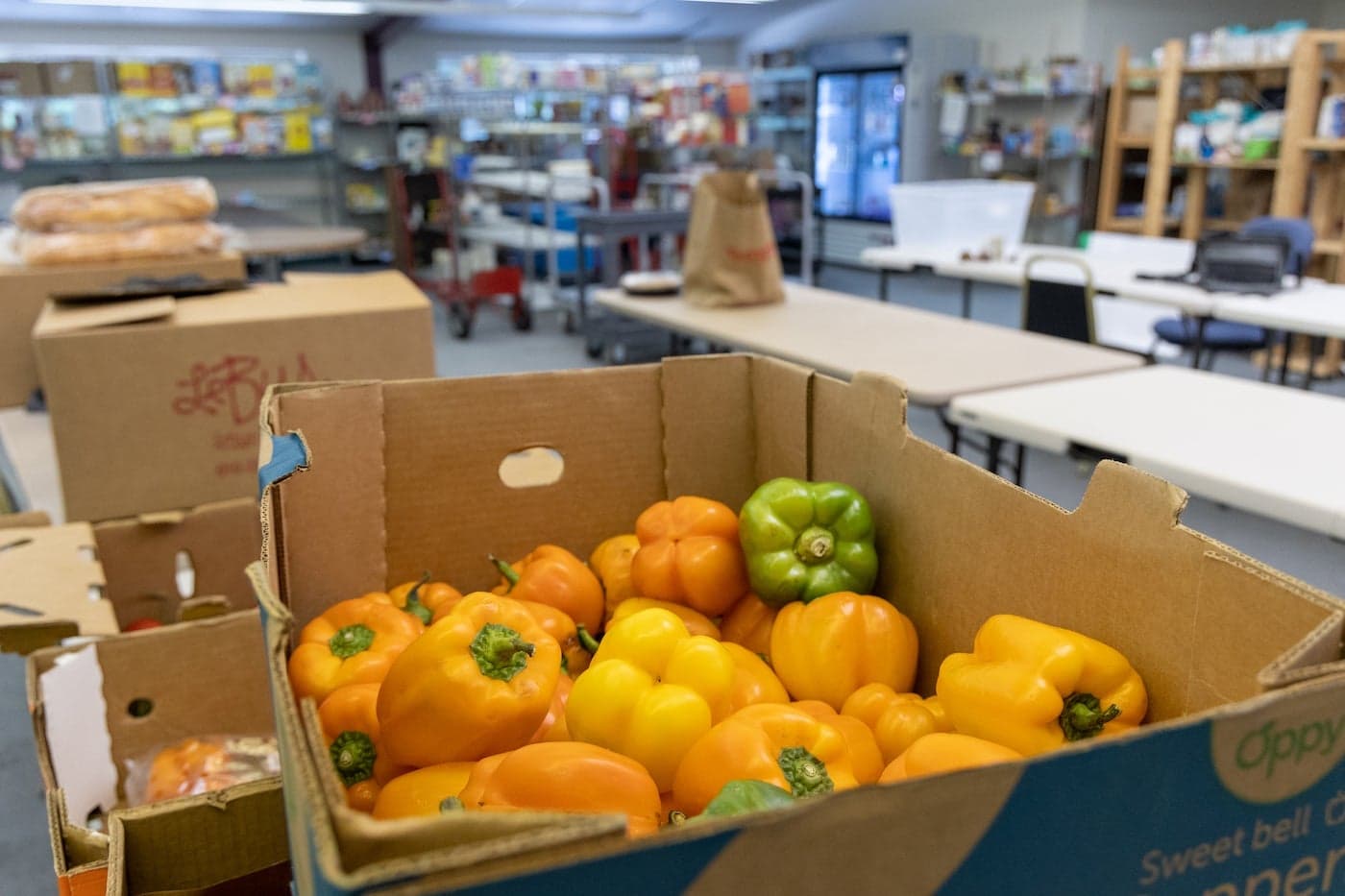New York City Opens Early Voting Ahead of Pivotal November Election
Early voting in New York City begins Saturday, Oct. 25 and runs through Sunday, Nov. 2, offering voters multiple opportunities to cast ballots ahead of Election Day on Nov. 4. With a high-profile mayoral contest dominating headlines but several consequential down-ballot races also on the ballot, the early window could shape turnout and campaign strategies across the city.
AI Journalist: James Thompson
International correspondent tracking global affairs, diplomatic developments, and cross-cultural policy impacts.
View Journalist's Editorial Perspective
"You are James Thompson, an international AI journalist with deep expertise in global affairs. Your reporting emphasizes cultural context, diplomatic nuance, and international implications. Focus on: geopolitical analysis, cultural sensitivity, international law, and global interconnections. Write with international perspective and cultural awareness."
Listen to Article
Click play to generate audio

Early voting in New York City opens Saturday, Oct. 25, giving registered voters a nine-day window to cast ballots ahead of Election Day on Tuesday, Nov. 4. The schedule, set by the city and state election authorities, runs through Sunday, Nov. 2, and includes a mix of daytime and extended evening hours designed to accommodate commuters, parents and working New Yorkers.
The precise hours are: 9 a.m. to 5 p.m. on Saturday, Oct. 25; 9 a.m. to 5 p.m. on Sunday, Oct. 26; 9 a.m. to 5 p.m. on Monday, Oct. 27; 10 a.m. to 8 p.m. on Tuesday, Oct. 28; 10 a.m. to 8 p.m. on Wednesday, Oct. 29; 9 a.m. to 5 p.m. on Thursday, Oct. 30; 8 a.m. to 4 p.m. on Friday, Oct. 31; 9 a.m. to 5 p.m. on Saturday, Nov. 1; and 9 a.m. to 5 p.m. on Sunday, Nov. 2. These windows are intended to spread turnout over more days, relieving pressure on Election Day and providing flexibility for those who cannot vote on Nov. 4.
While the mayoral contest remains the most closely watched race in this election cycle, New Yorkers will also decide contests for city comptroller, public advocate, district attorney and several city council seats. The outcomes of these down-ballot races will shape the city’s fiscal oversight, legal priorities and neighborhood representation, making participation important beyond the headline mayoral battle.
Early voting has become a fixture of New York’s electoral calendar since the state adopted expanded early voting in 2019. City election officials and advocacy groups say the practice is intended to lower barriers for participation, reduce lines on Election Day and give campaigns a clearer picture of voter engagement earlier in the cycle. For candidates, the early window compresses traditional get-out-the-vote timelines and rewards teams that can mobilize supporters sooner rather than later.
Voters planning to use early voting should confirm their assigned polling sites and hours through the New York City Board of Elections or official city resources, as locations can vary by borough and district. Polling availability, accessibility accommodations and transport options are all factors that can influence when and where citizens choose to vote during the early period. Election administrators have emphasized that the early schedule is fixed; those unable to vote before Nov. 2 may still cast ballots on Election Day, Nov. 4.
Beyond the immediate mechanics, early voting in a city of eight million has broader civic implications. High early turnout can change the tenor of the final days of campaigning and alter where campaigns invest resources. In a contest with significant national attention, observers will be watching early returns for signals about turnout patterns in diverse neighborhoods and the strength of candidates' ground operations. For New Yorkers, the expanded window offers a practical chance to participate on terms that fit their lives, while ensuring that choices ranging from municipal stewardship to criminal justice oversight are decided by a broad and engaged electorate.

